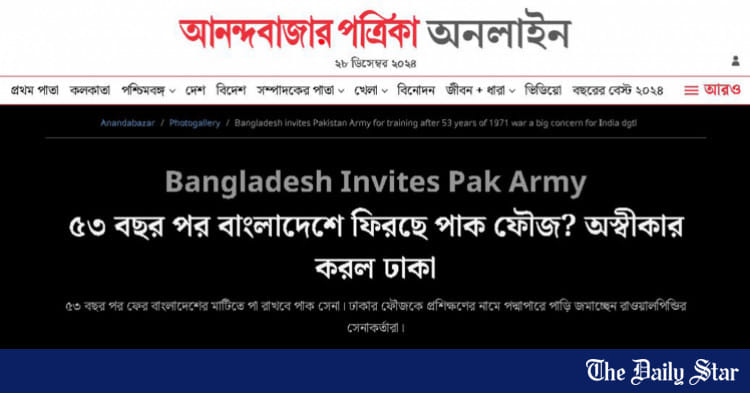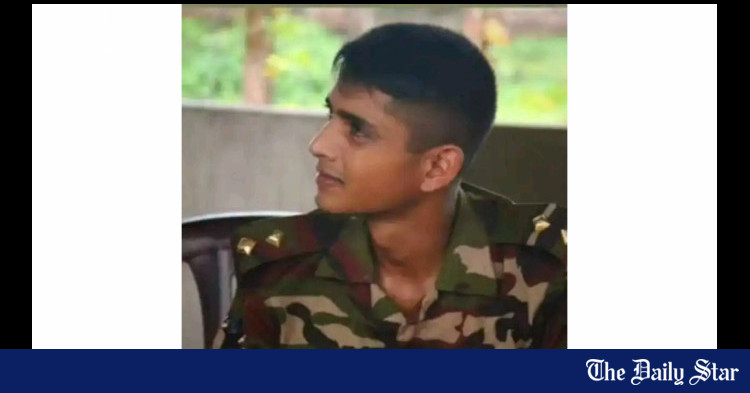- Copy to clipboard
- Thread starter
- #21
Saif
Senior Member
- Joined
- Jan 24, 2024
- Messages
- 15,397
- Reaction score
- 7,874
- Nation

- Residence

- Axis Group

সাম্প্রতিক ইস্যু নিয়ে অফিসারের দায়িত্ব নিতে বললেন সেনাপ্রধান
Follow along with the video below to see how to install our site as a web app on your home screen.

Note: this_feature_currently_requires_accessing_site_using_safari













 www.newagebd.net
www.newagebd.net





Dismissal order of Brig Gen Azmi condoned
The dismissal order of Brigadier General (Retd) Abdullahil Amaan Azmi has been condoned. “By condoning his dismissal order on December 24, 2024, Brigadier General Abdullahil Amaan Azmi, PSC, was granted ‘premature (compulsory) retirement’ retrospectively from June 24, 2009 with athefinancialexpress.com.bd
Dismissal order of Brig Gen Azmi condoned
BSS
Published :
Dec 27, 2024 18:04
Updated :
Dec 27, 2024 18:04
View attachment 12285
The dismissal order of Brigadier General (Retd) Abdullahil Amaan Azmi has been condoned.
“By condoning his dismissal order on December 24, 2024, Brigadier General Abdullahil Amaan Azmi, PSC, was granted ‘premature (compulsory) retirement’ retrospectively from June 24, 2009 with all applicable financial and other benefits in lieu of dismissal,” said a press release of the Inter-Services Public Relations (ISPR) Directorate in Dhaka on Friday.
Simultaneously, the dismissal notification issued by the Ministry of Defence on June 23, 2009 was also cancelled.



He is the son of ex Jamaat Amir Golam Azam. Hasina dismissed him from the army in 2009. His only fault was that he was the son of Golam Azam.Who is this guy and what was the scoop?





































Loading...